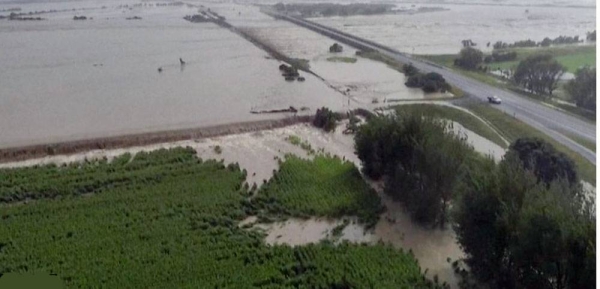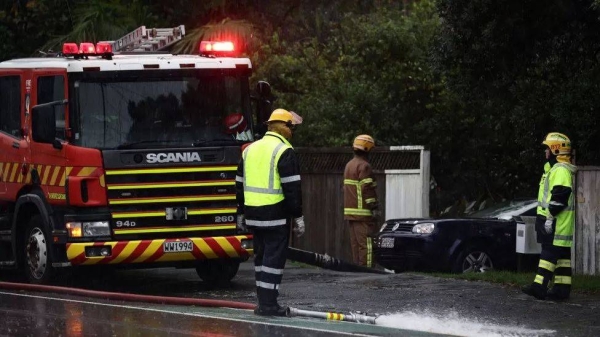
WELLINGTON — New Zealand Prime Minister Jacinda Ardern on Wednesday declared a state of "climate emergency" before Parliament, stressing the need for rapid action in this area for the benefit of future generations.
"When we make statements, it is often that there is a threat to life, a threat to property, and emergencies concerning civil security," said the center-left leader. "If we do not respond to climate change, we will continue to experience these emergencies on our shores."
"Vote for this statement, stand on the right side of history, be part of the solution we must collectively deliver to the next generation," she urged. Parliamentarians adopted the largely symbolic declaration of climate emergency by 76 votes to 43.
The British Parliament became, on May 1, 2019, the first in the world to declare an "ecological and climate emergency", followed by Ireland.
According to The Climate Mobilization, an American lobby promoting these declarations, a dozen parliaments have done the same, as have 1,800 local communities around the world.
For the New Zealand National Party, the country"s center-right opposition, the statement can hurt, "by making people believe that something has happened, when it has not," said its leader, Judith Collins, on Radio New Zealand. "This is quite false and misleading."
New Zealand is among the countries that have pledged to achieve the goal of carbon neutrality for greenhouse gases by 2050. The country, which has less than five million inhabitants, has also pledged to produce 100% renewable energy by 2035.
Ardern"s government, which campaigned on environmental issues before coming to power in 2017, is however accused by some of not doing enough since in the fight against climate change.
The Climate Action Tracker group — which assesses the commitments of the main countries emitting greenhouse gases — believes that New Zealand"s climate policies are "insufficient" to achieve its objectives under the Paris agreement on the climate of 2015.
Greenpeace notes that the objective of carbon neutrality for 2050 does not concern methane, one of the main sources of greenhouse gas emissions in the country, in order to preserve a vital agricultural sector for Wellington.
“When the house is on fire, there is no point in setting off the alarm if you don"t fight the fire,” said Greenpeace"s Kate Simcock. "Fighting the fire in New Zealand means tackling agricultural emissions." — Euronews











